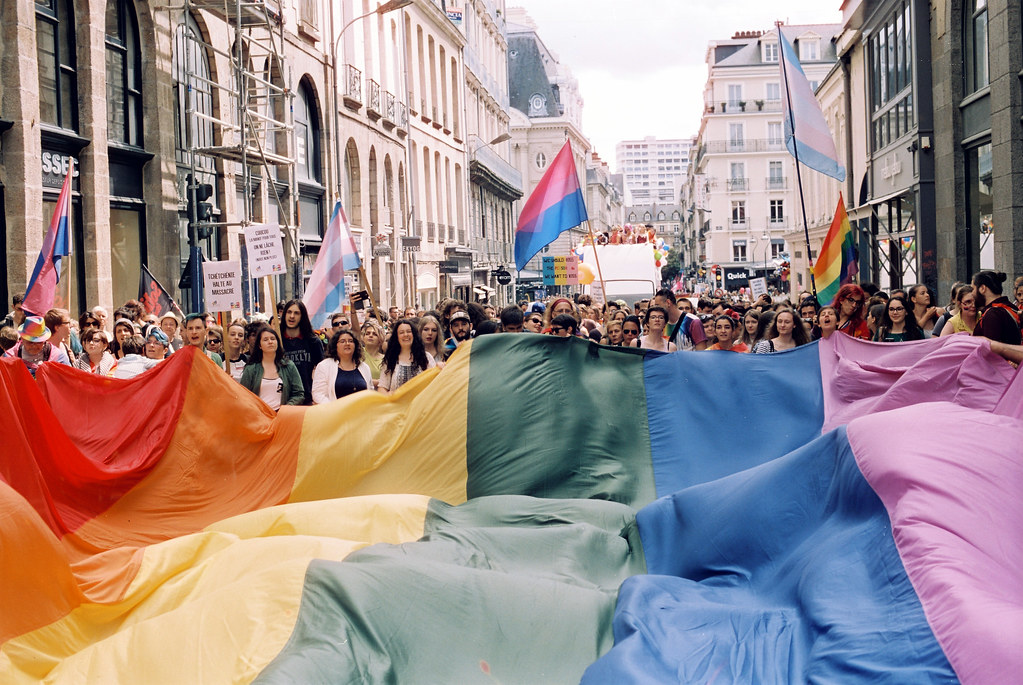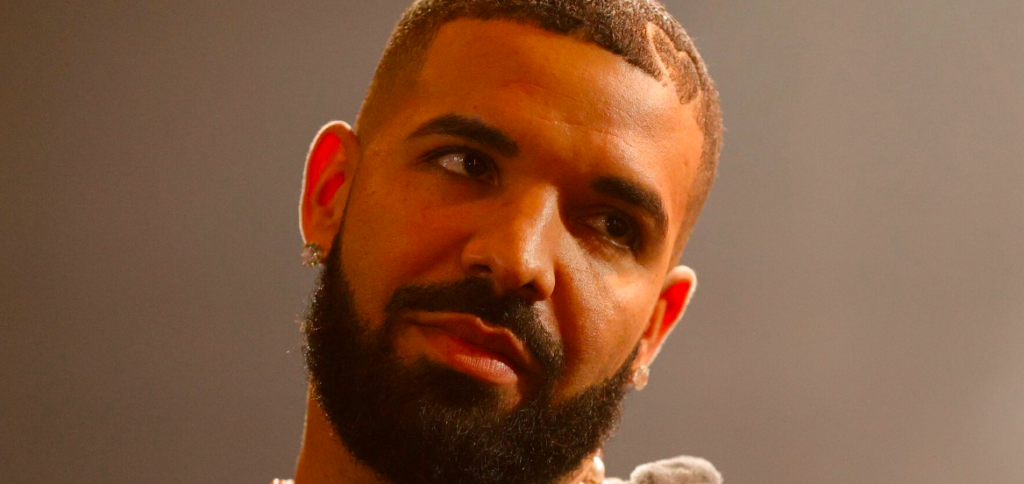Many people still questionThey love the importance of minority groups having commemorative dates. This issue goes beyond pride. It means resistance to discriminatory laws and policies that still exist in society.
ADVERTISING
@louieponto why today is pride day #lgbt? #stonewall
♬ original sound – Louie Ponto
Not everything is a rainbow
The death penalty for same-sex sexual acts still applies in countries such as Brunei, Iran, Mauritania, Saudi Arabia, Yemen and northern regions of Nigeria, according to the International Lesbian, Gay, Bisexual, Transgender and Intersex (Ilga).
In a report to BBC News Mundo, Nas Mohamed, 35 years old, says he had to flee Qatar to avoid being killed. “My own family would kill me,” he reports. He is considered the first gay Qatari to come out publicly.
Despite not being among the countries that apply the death penalty, Qatar has strict anti-LGBTQIA+ policies. The country will host the 2022 World Cup and has already stated that it will not tolerate rainbow flags and displays of love in public by people of the same sex.
ADVERTISING
Brazil is also not on the list, but it is one of the most violent places in the world for the LGBTQIA+ community.
According to a survey carried out by the Gay Group of Bahia (GGB), 135 violent deaths of LGBTQIA+ people were recorded in the first half of the year. The rate is 20% lower compared to the same period in 2021, but this is due to underreporting of deaths.
Recent achievements
Of the 193 nations recognized by the UN, only 30 allow same-sex marriages. In Brazil, the Federal Supreme Court declared stable unions between same-sex couples legal in 2011. But it was only two years later that the National Council of Justice forced registry offices to register these unions.
ADVERTISING
After a long trial, the Brazilian Supreme Court also ruled criminalize homophobia as a form of racism in 2019.
In 2020, the STF overturned the restriction that prohibited homosexuals from donating blood. The decision was taken amid the Covid-19 pandemic, which led blood centers in the country to record low levels of donations.
Curto Curatorship
- Understand the terms used by the LGBTQIA+ movement (Student Guide)
- Check out India's oldest transgender community's struggle to be accepted (BBC News Brasil)
- Understand why sexual conversion therapies are a mistake (UOL)
(Top photo: Reproduction/Flickr/Missbutterfly)



